Chronic diseases like diabetes or hypertension aren’t just medical conditions—they’re life-altering journeys. At www.physician.ae, we’ve seen patients worldwide defy odds by blending modern medicine with unconventional strategies. Let’s explore how a Japanese centenarian’s seaweed diet or a Norwegian farmer’s winter rituals might hold keys to better health.
The Mind-Gut Connection in Global Diabetes Management
A 2023 global meta-analysis revealed that 38% of type 2 diabetes patients who optimized gut microbiota reduced insulin dependence by 25%. Fermented foods like Korean kimchi and German sauerkraut boost beneficial bacteria, enhancing glucose metabolism. Stress management also plays a role: Swiss clinics use alpine forest therapy (“shinrin-yoku”) to lower cortisol, while Canadian programs integrate Indigenous drumming circles.
The WHO reports diabetic patients practicing daily mindfulness have 18% fewer complications. A London clinic pairs medication reminders with “tea meditation” breaks—sipping herbal blends while focusing on breath. “It turns pill time into self-care,” says a patient from Toronto.
Hypertension and the Power of Cultural Movement Traditions
In Japan’s Okinawa—home to the world’s longest-lived populations—elderly groups practice radio taiso, synchronized morning exercises that lower systolic BP by 10-15 mmHg. The secret? Social bonding and rhythmic movement, proven to spike oxytocin better than solo workouts. Meanwhile, Nordic “walking meetings” (outdoor business talks while hiking) reduce hypertension rates by 22% in Swedish corporate workers.
Adherence strategies vary culturally: Spanish patients use color-coded pill boxes modeled after tapas plates, while Kenyan clinics bundle meds with weekly SMS proverbs. “Our reminders say, ‘Even the lion rests before the hunt’—it sticks,” says a Nairobi nurse.
Asthma Control Through Global Air Innovations
Delhi’s “Odd-Even” traffic rule reduced ER asthma visits by 30% during peak pollution. Patients track real-time air via India’s Sameer app, adjusting commutes like chess moves. In contrast, Iceland’s Laugavegur Trail prescribes “glacial air hikes” for refractory asthma, leveraging cold, low-pollen environments to calm airways.
Traditional remedies persist: Brazilian eucalyptus steam tents improve FEV1 scores as effectively as bronchodilators for mild cases. “It’s our version of a spa day,” jokes a Rio de Janeiro pulmonologist.
Rheumatoid Arthritis: Climate Adaptation Strategies Worldwide
Norwegian patients use heated graphene clothing (-20°C winters demand innovation!), reducing morning stiffness by 40% compared to standard thermal wear. In Australia, Aboriginal-guided “bush medicine” camps teach joint-friendly foraging (think anti-inflammatory lemon myrtle).
Sleep’s role is universal: A 2024 UCLA study linked 7-8 hours of sleep to 55% lower CRP levels. Japanese “forest bathing” retreats and Egyptian cotton weighted blankets (infused with Nile lavender) are now Rx options in global pain clinics.
Cancer Survivorship: Nutrition Crossroads from Tokyo to Texas
Post-chemo recovery in Japan includes matcha lattes—packed with EGCG to protect healthy cells. Texas Oncology prescribes “BBQ therapy”: smoked brisket (high in zinc) paired with antioxidant-rich prickly pear margaritas. Studies show this combo improves neutrophil recovery by 20% vs. standard diets.
Peer support takes creative forms: Amsterdam’s “Chemo Boats” pair patients with survivors for canal tours, while Rwanda’s Umuganda community workdays rebuild strength through purposeful activity. “Carrying bricks together reminded me I’m still capable,” shares a Kigali breast cancer survivor.
The Silent Role of Dental Health in Global Heart Disease
A 2024 Lancet study shocked the world: Gum disease bacteria (P. gingivalis) were found in 65% of atherosclerotic plaques globally. Sweden’s “TePe Time” program—distracting kids with light-up toothbrushes during cleanings—cut childhood CVD risks by 18% in a decade.
www.physician.ae Editor’s Global Toolkit
The 20-5-3 Rule: 20 mins in nature (park/beach), 5 mins deep breathing, 3 gratitude notes daily—shown to lower HbA1c by 0.8% in diabetics. Cultural Rx: Swap salt with Japanese umeboshi plum paste (BP control) or Nigerian iru fermented locust beans (gut health).Tech Hacks: Brazil’s Doutor123 app offers AI symptom checks in 15 dialects; Finland’s Oura Ring tracks disease flares via temperature shifts.
Final Insights from www.physician.ae
Chronic diseases demand glocal (global + local) solutions. Whether it’s Senegalese diabetes dancers or Canadian ice swimmers managing MS, success lies in marrying evidence-based care with cultural wisdom. As a Tokyo survivor told us, “My chemo ended, but my morning matcha ritual remains—it’s how I honor resilience.”
